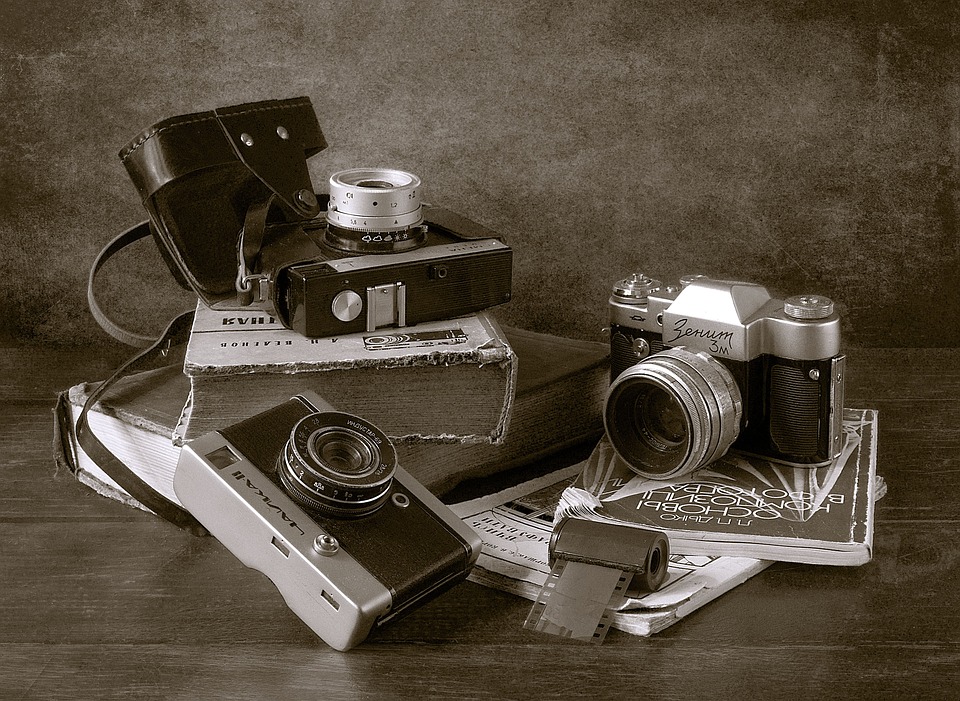
[dropcap]W[/dropcap]e all have that friend, you know the one. The one that upon leaving the dim cinema theatre, bleary eyed from the sudden exposure to fluorescent lighting, scoffs that the “book was so much better”.
In fact, we have all been that friend at some stage, perhaps trying to subtly brag that yes, we were aware of the story before it got turned into a massive motion picture. Maybe we did just genuinely find the novel version more enriching and enticing, maybe it’s due to what we consume first. It’s time to answer to the century old question, “Was the book better than the movie?”
The main advantage of the novel is the fact that you aren’t merely witnessing the story and the emotions the characters are feeling onscreen, but you are experiencing them yourself. The novel encourages you to use your imagination, there’s no limit to how long a book can expand unlike a film that must be cut to stay concise. There is little margin for a film to meander with other ideas. Feature films are usually limited to the two-hour mark, while books can sprawl on for hundreds and hundreds of pages.
The main reason that many harbour attachments towards the book over the film is probably due to the novel’s ability to deliver deep insights into the characters thoughts and feelings. We live through the intricacies of the world that the author has kindly gifted us. Take Les Misérables, the nearly three-hour long movie musical is still a shell of its 1,300-page literary form. When reading the novel version, affectionally dubbed “The Brick”, you learn that characters that did not speak a word to each other in the film are siblings and characters that go nameless have whole chapters dedicated to them.
With a novel, we are allowed the chance to empathise with the story and as we read on, we feel it’s as if the characters are dear friends. There is nothing more gratifying than the almost empty but satisfied feeling one experiences after reaching the end of a novel.
However, the film cannot go underestimated, as directors are able to bring beloved stories to life on the big screen. It’s no denying that films are more entertaining than novels, with action films ten times more enjoyable to witness than an action scene in a book.
Looking at Stanley Kubrick’s adaptation of Anthony Burgess’s “A Clockwork Orange”, seeing the protagonist Alex commit the atrocities on screen is far more horrifying to view than it is to read. In fact, it is perhaps Kubrick’s liberal adaptation of the novel that makes the film so great. It is its own narrative and a film shouldn’t stick to the rules of a novel’s storytelling. Something even the most loyal book fan must grudgingly admit.
To conclude and to answer the question of whether the book or film is better, it depends on what story you are willing to tell and what audience you have in mind. Some stories benefit from the deep and explorative dive of a novel, others are better off packaged to be short and sweet.
Aoibhín Bryant
Image Credit: Pixabay



